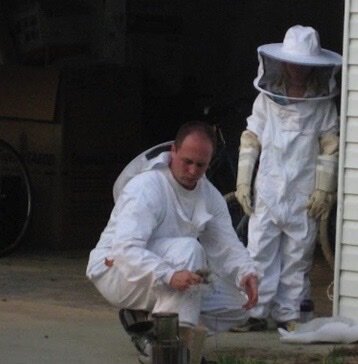I’m Brian Tant, and I serve as Raxis’ VP of Engineering. This week, I’m the subject of our in-house infosec inquisition where I’ll be asked all manner of probing questions intended to give you, the reader, some insight into the machinations of a troubled mind. Normally, I avoid this type thing, but, after a series of increasingly dire threats from our COO, Bonnie Smyre, I relented.
Jim: When did you first get into security?
Brian: Do you want the professional answer or the seedy underground one?
The professional version is that I started in IT at the ripe age of 17. I lied about my age to get on with a tech staffing company. They made me do a series of placement tests, although back in the day we used paper.
Jim: [shudders]
Brian: I know, right? Anyways, I had been doing computer stuff for a while and the tests were pretty basic. I did well enough that I bubbled up to the top of the roster for a big brand company looking for a tech. They brought me in and made me a field technician day one. It was the typical firehose-sippy-cup experience that comes with jumping up a level.
Fast forward several cubes later. At some point, I found I had a knack for Terminal Server and Citrix and did that for several years. My last deployment was one of the largest Citrix farms in the world at the time: 1000+ servers and 30k concurrent users across the globe.
Jim: And then?
Brian: I got bored. How many times a day can you hear the phrase, “I can’t print” before you start questioning some fundamental life choices. I loved the tech, but the users. Oi.
Jim: So where does security come into the picture?
Brian: Ah. For that we have to re-visit the the dark seedy part I mentioned earlier. Back in the 90s, the hacker scene was mostly to do with phones and usenet groups. Networks were mostly flat, and email was a cool idea that would never take off. My taste for mischief found a home in that community. Twenty-some- odd years later I decided to re-kindle that and found that there was a whole sector of talented folks that shared a passion for devious tinkering.
Jim: And the rest of the story?
Brian: As a Raxis Paul Harvey would say…
Jim: Wow.
Brian: Yep. I am that dork. Mark (our esteemed CEO) took a chance and brought me onboard Raxis early on. We were tiny, but eventually found our voice. Since then, we’ve grown, and I’ve been privileged to be a part of building something special. What we have here is a real sense of family. I can’t imagine being anywhere else.

Jim: Switching gears. If there is one thing I’ve learned working with Raxis it’s that you guys roll hammer down all day. The pace is frenzied, and things are always changing. How do you unplug?
Brian: As my wife will tell you, I have a problem with hobbies.
Jim: Oh?
Brian: Most of them tend to connect with farming or agriculture in some way. We have a small homestead where we keep bees, goats, worms, chickens and an indeterminate number of dogs and cats at any given time. I sit on the board of directors for the local farm bureau and chair the bee keeping club.
Jim: No shortage of fur-babies then.
Brian: I also make wine, mead, soaps, preserves, and have been known to run a still now and again. For a while I even made a podcast that gained a modest following. I do a lot of backpacking and am a master diver.

Jim: Back up; a still as in moon-
Brian: As in alternative fuel for small engines.
Jim: [cough] Moving on, if you had to pick a favorite thing about working at Raxis, what would it be?
Brian: Easy. It’s the people. The people are the heart of this company. Raxis is an ego-free zone. We’re all passionate about what we do, but, unlike most shops, Raxis is built on empowerment. We’re only the best if our people are at their best, and that means we take care of each other. The same holds true with our customers. Our success comes from helping them succeed.




